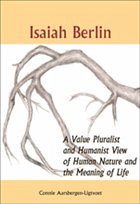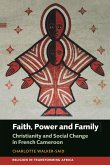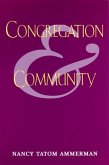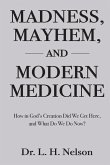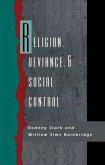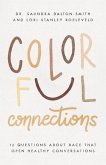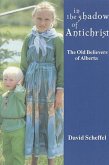Value pluralism, a philosophical perspective belonging to the humanist and liberal family, is meeting with increasing attention and support in contemporary political and moral philosophy. Its starting point is that (personal and social) human life is characterized by conflict between the various (good) values and ends that are pursued. Value pluralism takes cultural and moral diversity seriously and thereby also denies the validity of -- in their view -- potentially dangerous monisms that promise a perfect, tension-free human life. But does value pluralism itself not lead to another danger --that of moral relativism and questioning the meaning of human life itself? This study describes the anthropology of Sir Isaiah Berlin (1909-1997), value pluralism's founding father. Berlin wants to protect both moral and cultural diversity against monist tendencies but at the same time struggles to avoid moral relativism. This study follows Berlin critically in this dilemma, thereby giving insight into how value pluralism differs from contemporary postmodernist and conventionalist positions. Through this study profound insight can be gained into the anthropological assumptions behind value pluralism. This study reveals the basic assumptions in Western and liberal thought that often remain implicit and hidden, leading to much misunderstanding and conflict. Berlin's ideas can enrich existing theories of pluralism and contribute to intercultural and interreligious dialogue. And, last but not least, Berlin's value pluralism helps us to understand the roots of ideologically and religiously inspired violence.
Hinweis: Dieser Artikel kann nur an eine deutsche Lieferadresse ausgeliefert werden.
Hinweis: Dieser Artikel kann nur an eine deutsche Lieferadresse ausgeliefert werden.

